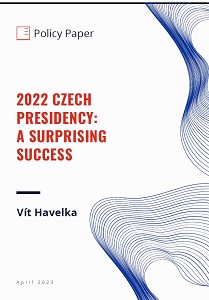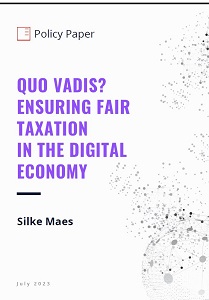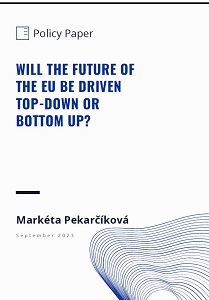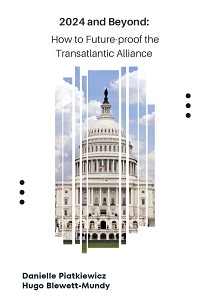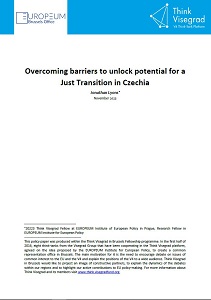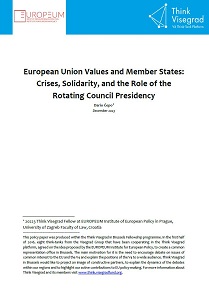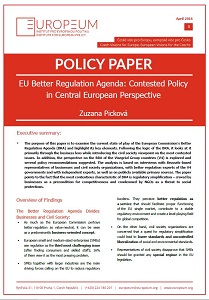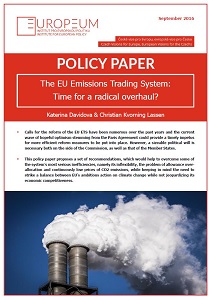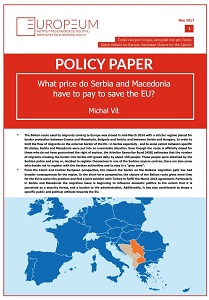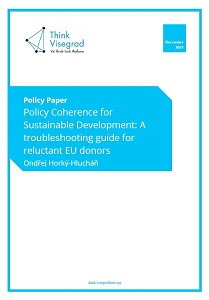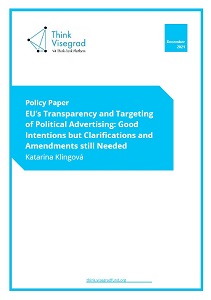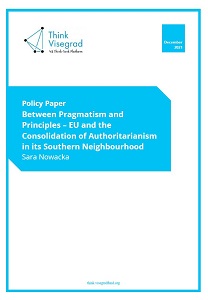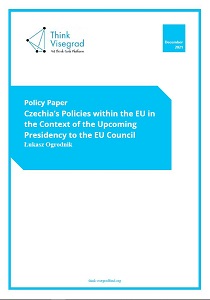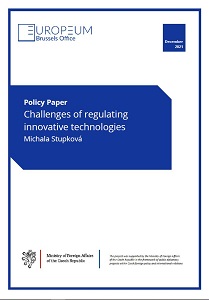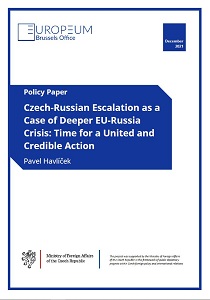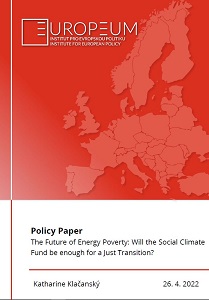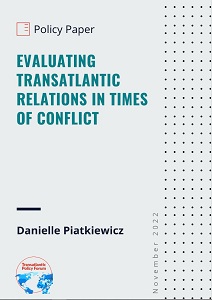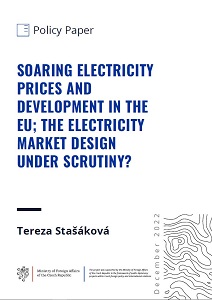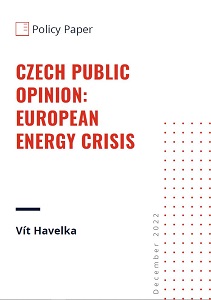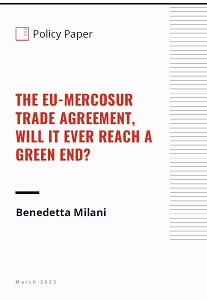
The EU-MERCOSUR Trade Agreement, will it ever reach a Green End?
The current geopolitical scenario due to the war in Ukraine has marked a strong division between West and East, by overturning the equilibrium of the global supply chains, specifically related to basic raw materials, such as grain, and fundamental energy sources. The interruption of imports of energy resources from Russia,and the reduction of trade in foodstuff from Ukraine constitute for most of the EU countries, in particular for Germany and Italy, a harmful threat to their energy and food supply, which force them to reconsider new partnerships for the diversification of their supply chains. According to Eurostat, the EU before the war imported 90% of its total sunflower oil from Ukraine, 39% of its maize demand, and 10% of wood, a bit lower comparing to its 25% wood trade with Russia
More...
